Can Babies Get Thrush? Causes, Symptoms and Treatments
.png?v=1665132998725)

Related products
What’s covered?
Introduction
Thrush is a yeast infection that occurs in the mouth and is usually caused by Candida albicans. It's common among babies born to women who have thrush during pregnancy or breastfeeding. Thrush in babies can be spread through breastfeeding, kissing, sharing saliva or even touching shared toys.
Overview
Thrush, also known as Candida albicans, is a type of fungus that can live in your mouth and vagina. It's common in breastfeeding mothers and babies. Babies sometimes get thrush from their mothers during breastfeeding because of the transfer of bacteria. You can treat thrush with prescription medication or natural remedies like yoghurt and garlic.
Thrush isn't contagious between people or between mom and baby—it only causes symptoms on its own if it's present.
Why do some babies develop oral thrush?
Usually, small numbers of bacteria are found on healthy skin. It is generally harmless. In some cases, Candida can grow in the mouth, causing thrush in new-borns if not treated immediately. This ailment may occur because infant immune systems are not mature enough and can't manage Candida levels. Another reason for oral thrush may be that your child has had recent antibiotics. It happens because the antibiotic kills any harmful bacteria that live inside a baby's mouth. Good bacteria generally help reduce Candida in your baby's mouth.
Causes of thrush in babies
Thrush is a yeast infection caused by a fungus called Candida. It can be passed from person to person or from environment to person, though the latter is much less common. Babies are particularly susceptible to thrush because their immune systems haven't fully developed yet—which means they're more likely to contract an infection like this one. In addition, babies are often bottle-fed with nipples that aren't cleaned regularly enough. It can allow for conditions conducive to thrush growth (such as moisture and warmth) on the nipples used by your child.
What are the symptoms of oral thrush in babies?
White spots usually develop at the ear of a new-born or their mouth. They might be grouped into smaller plaques. The yellow and grey-coloured pieces are similar; they typically look more like cottage cheese. Your baby shouldn't suffer from this infection. But sometimes, the mouth is irritable. Some babies will choke on saliva if they are not fed properly. Note: if you breastfeed, you may get a thrush infection from your mouth into your nipples. It is quite uncomfortable and it's likely that your nipples may become painful.
What is the diagnosis?
When you see your doctor, they'll likely perform a visual examination of the affected area. This typically includes looking at the appearance and colour of your baby's throat or mouth. They may swab your baby's mouth and send it for analysis if they suspect a yeast infection. They will use a special microscope to look at this sample under high magnification, which will help them confirm that there is indeed thrush present in their mouth.
Further, your dentist can usually tell by checking your baby's mouth. A small test may be sent for your medical practitioner's approval in a lab; the results should be confirmed in the laboratory. The infection caused by this bacterium is spread in the oesophagus. Other tests can include throat cultures and ear biopsies, or endoscopic ovaries.
How common is oral thrush in babies?
One in seven babies develops oral thrush. It is most commonly found with babies under a month old, but it can happen with babies over ten months. Oral thrush in children is usually a result of a contaminated environment. It does not usually mean the child has been seriously ill. Some infants suffer from oral thrush.
When you see white patches of skin around the mouth or the mouth of the baby, you're probably dealing with thrush. Symptoms include nausea, discomfort when eating and pain when swallowing.
What can you expect if you are breastfeeding?
Suppose you are breastfeeding but have an infection in either of your breasts. In that case, you could find feeding your child or expressing their milk very uncomfortable. Nipple discomfort is typically described as a burning sensation that may be felt in both breasts and does not go away no matter how carefully your baby is repositioned. Pain in the breasts that feels like it's being stabbed or shot is how many women describe it.
Your nipples can get cracked and painful, and your breasts may become red and glossy. Nevertheless, you will not typically notice any discharge (other than milk) coming from the nipples.
What can you do to alleviate your baby's discomfort at home?
When you're a new mom, it can be easy to get caught up in the moment: taking care of your baby and making sure they're comfortable and healthy. But you might not realise that if you don't take the time to wash your hands, toys, pacifiers, and anything else that comes into contact with your nipples, you could be at risk of passing on germs and infections like thrush or mastitis.
So what can you do? First of all, wash your hands often! And don't forget about the rest of your home—wash any towels, clothing, and bras that may have come into contact with your nipples in hot water for at least 30 seconds. If you're pumping milk for your baby, keep it refrigerated until just before use—and make sure to sterilise your breast pump and its components. If you use bottles instead of nursing directly from the breast, ensure these are adequately sterilised.
When it comes to washing yourself and your baby after feeding time: make sure your breasts are dry after every feeding; avoid using disposable nursing pads with a plastic backing; remember to change them when they get damp.
What are the treatments?
You can treat your baby with thrush with antifungal medications or natural remedies.
A doctor can prescribe antifungal medications to kill off the fungus. These include clotrimazole (brand name: Canesten) and miconazole (brand name: Micatin). You may need to use them for up to six weeks after symptoms subside to eliminate the infection completely.
You can also use natural remedies like probiotics or yoghurt against thrush. Probiotics contain live bacteria that help restore the average balance of good and bad bacteria in your child's mouth, preventing candidiasis from occurring again. When choosing a probiotic supplement for your child, look for one made by a reputable company that includes several different types of bacteria (such as Lactobacillus rhamnosus GG and Bifidobacterium lactis). Yoghurt contains beneficial cultures called Lactobacillus acidophilus. These act as natural antibiotics against candida Albicans which cause yeast infections on babies' skin surfaces, such as diaper rash. It may also appear on breast areas because breastfeeding mothers may not wash their bras after nursing sessions if they don't have time during busy days at work.
Are there natural remedies?
If your infant has thrush, she may benefit from using a natural remedy as an alternative treatment. However, it's essential to know that these remedies are not as effective as medications prescribed by a doctor. In most cases, the best way to prevent thrush is by ensuring proper hygiene during breastfeeding and changing your baby's diaper often.
You can use some alternative treatments both during breastfeeding and after weaning your child off of breast milk. They include yoghurt or probiotic supplements (like Lactobacillus acidophilus), garlic pills, kefir (fermented milk) or apple cider vinegar (ACV). These remedies won't cure thrush if your baby has an existing infection but will help boost their immune system, so they're better prepared for future infections with this fungus.
You can also try other remedies at home: gentian violet, baking soda, grapefruit seed extract and tea tree oil.
When to seek medical treatment?
When you have a baby, you are always worried about their health. One of the most common causes of concern is oral thrush, a fungal infection in the mouth. You must consult health professionals for a proper evaluation. Your doctor may prescribe antifungal medication. They are more knowledgeable about detecting oral conditions in babies. They provide invaluable service when it comes to mother and child health. Wellness professionals can determine if the thrush is really caused by the bacteria called oral candidiasis.
Oral thrush is usually a harmless condition in babies. Still, it needs to be adequately treated because it can spread to other body parts and cause complications such as fever, diarrhoea or pneumonia.
How to prevent thrush in babies?
You can help to prevent thrush by doing the following:
-
Wash your hands with soap and warm water before you touch your baby's mouth. This ensures that your hands are free from any bacteria that might transfer to your baby.
-
Clean the nipples with a soft cloth or clean cotton wool dipped in warm water and then dried them. There is no need to wash them with soap. However, make sure they are thoroughly wiped with a clean cloth.
-
Use a nipple cream that contains an antifungal agent such as clotrimazole (Glanzcil) or miconazole (Monistat-Derm, Micatin). These creams are also available without a prescription from pharmacies. Apply every two hours while feeding during breastfeeding or expressing milk via a breast pump.
If you notice any signs of thrush, see your doctor as soon as possible so they can treat it effectively before it affects your baby's health!
Thrush is a common problem for breastfeeding mothers and babies. Learn what it is, what causes it, and how to treat this infection.
Thrush is a mouth yeast infection that can make your baby's gums sore and red. Thrush doesn't hurt the baby or affect their health in any way—it's just uncomfortable for them. It also may make you feel self-conscious about nursing them in public because of their symptoms: white patches on their gums or tongue that look like cottage cheese, bright red patches, or even bleeding from teething pain you think might be thrush when it isn't.
Often, thrush will go away without treatment within a few days if you ensure your nipples are clean before each feed (wash with soap and water) and avoid any breast pumps that don't have filters on them. And no matter how much we want to feel comfortable with our body after giving birth, washing your breasts with soap isn't necessary!
Conclusion
Thrush is a common problem for breastfeeding mothers and babies. It's an infection caused by yeast that affects your child's mouth, throat and tongue. Thrush in a new-born baby can be very serious, especially if not appropriately treated as soon as possible, making it possible to spread throughout the body, causing further complications. Suppose you notice any symptoms such as redness, excessive drooling or difficulty swallowing. In that case, it is recommended that you seek medical attention immediately before anything else happens.
Always remember that the healthy bacteria level in your baby's mouth plays an essential factor. Therefore, you should always ensure you have a clean finger when touching your baby's tongue or mouth. Further, if you opt to bottle feed your baby instead of breastfeeding, ensure that they are properly sterilised. On the other hand, you can wash bottle nipples the usual way with soap and water.
Overall, you should always consult with health professionals, mainly if your baby has another health issue. After all, they are the ones who can provide an accurate diagnosis of infants' health conditions.
Adults are not the only individuals affected by thrush. In fact, it is a common infection in babies younger than six months. If you want to learn more about thrush in adults and other common infections, read through our thrush treatment page here.
Related Thrush and Fungal Treatments
- Buy Daktarin Cream
- Buy Daktarin Gel
- Buy Vagisil Creme
- Buy Canesten cream
- Buy Fluconazole
- Buy Canesten Combi Creme
- Buy Canesten Thrush Pack
- Buy Gyno-daktarin
- Buy clotrimazole
- Buy Canesten Thrush Duo
- Buy Diflucan
- Buy Scholl Fungal Treatment
- Buy Lamisil
- Buy Curanail
- Buy amorolfine
Thush Related Articles
- How to get rid of thrush quickly
- Immediate thrush relief
- Why do I keep getting thrush?
- How to treat thrush in women
- Thrush on the tongue
- Thrush and diabetes
- Thrush and antibiotics
- Can stress cause thrush?
- Does thrush go away on its own?
- How to soothe thrush itching
- How long does it take to get rid of thrush?
- How to treat thrush in men?
- Thrush in babies
- Thrush and the elderly
- Is thrush an STI?
- Angular Cheilitis
- Vaginal thrush
- Thrush and HIV
- Best diet for candida
- Probiotics for thrush
- Thrush in animals
- Thrush and sexual health
- Thrush and the immune system
- Econazole
- Thrush pictures in females
- Nystatin for oral thrush
- Research advancements in thrush treatment
- Chronic yeast infections
- Can thrush cause bleeding?
- Esophageal thrush
- Natural thrush remedies
- Breastfeeding thrush
- Nipple Thrush
- Is thrush contagious?
- Penile Thrush
- Recurring Thrush
- White Tongue: Causes, Treatments & Prevention
- Gentian Violet






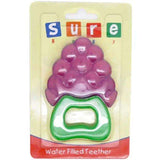
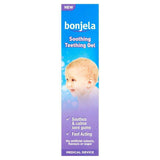
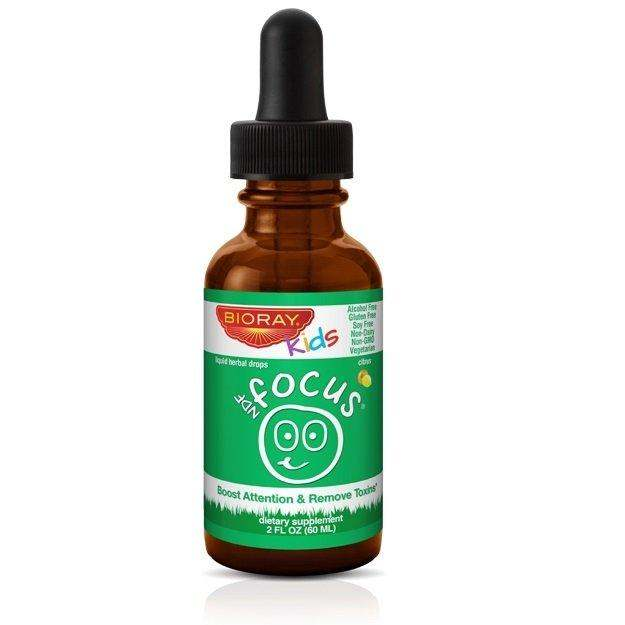

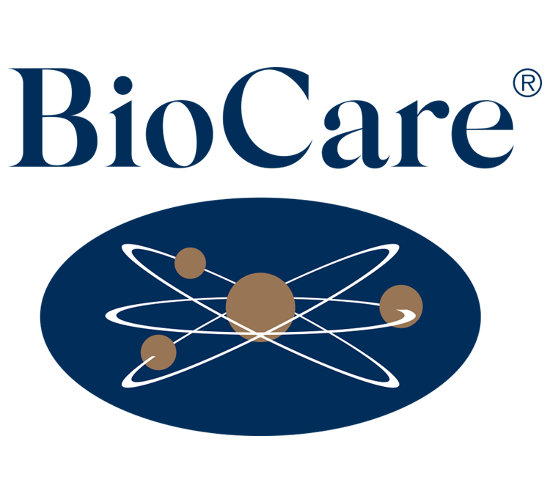
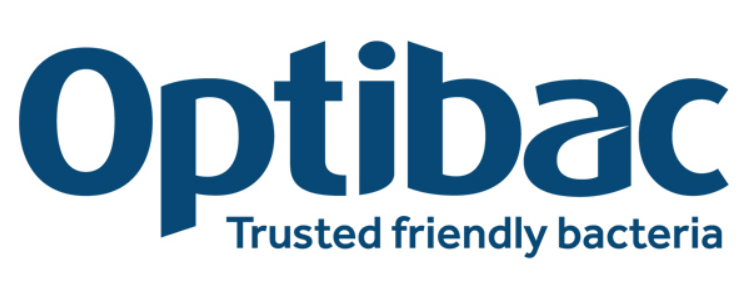
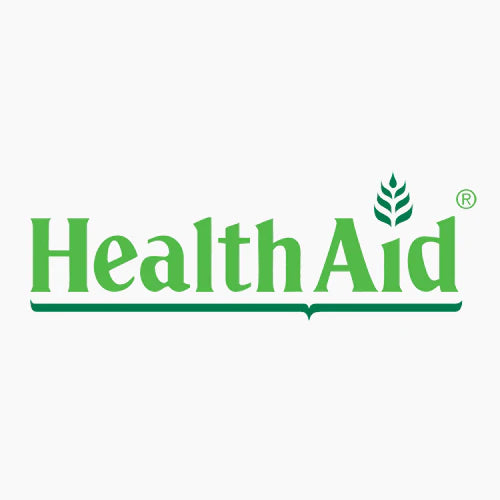




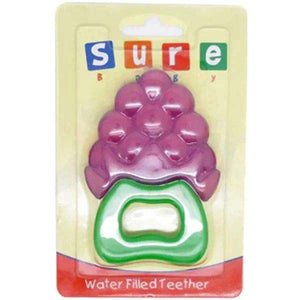
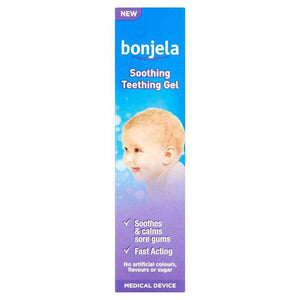



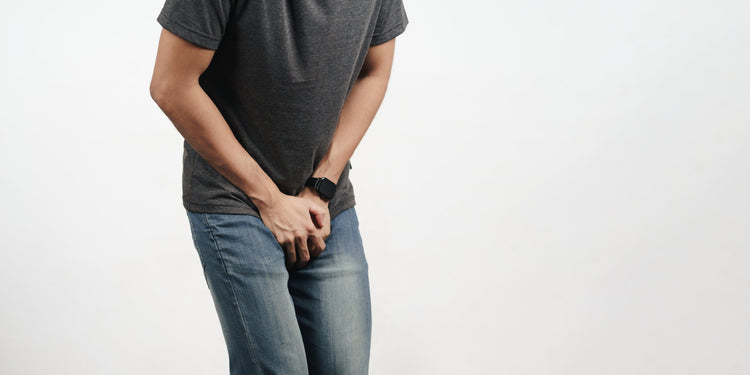




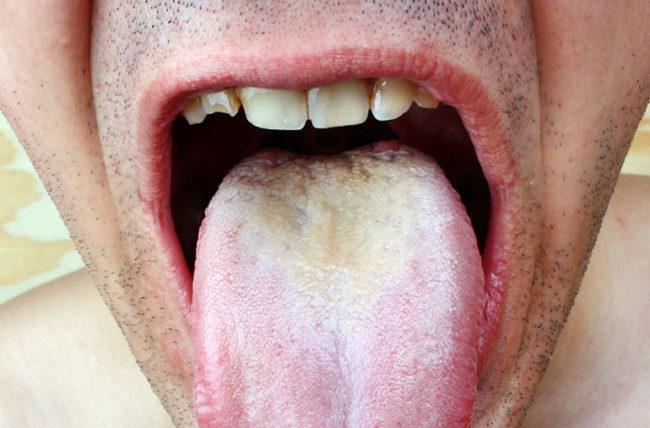

 Rated Excellent by 26,523+ Reviews
Rated Excellent by 26,523+ Reviews